115 Years, 115 Impactful Moments
Click to play USC Viterbi's 115th anniversary trivia game
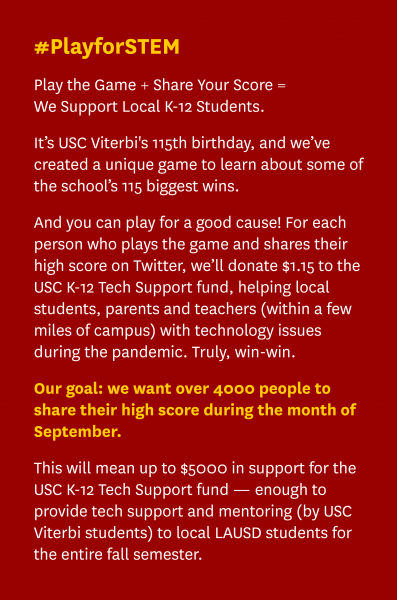 In 1905, USC offered its very first engineering courses out of the physics and mathematics departments.
In 1905, USC offered its very first engineering courses out of the physics and mathematics departments.
One hundred and fifteen years later, the USC Viterbi School of Engineering has a name and a host of accomplishments over the ensuing 11.5 decades.
This past May, Dean Yannis Yortsos, working with USC Viterbi vice deans, chairs, and select senior faculty, sought to identify 115 amazing USC Viterbi accomplishments by faculty, students and alumni over that span of time. This list would span all eight departments, the famed USC Information Sciences Institute and various programs of the school.
This list, like many of its kind, suffers from a clear recency bias. It is by no means the definitive list of all the USC Viterbi School’s noteworthy accomplishments! However, despite these limitations, perhaps it will serve as a helpful primer on what George Bekey, USC Viterbi professor emeritus, once called the school’s “remarkable trajectory.”
Test your knowledge of these USC Viterbi “wins” in a “Who Wants To be A Millionaire”-style interactive game above.
Or, for those who prefer to dive right in…the full list of 115 accomplishments for 115 years awaits.
Diversity

The USC MESA (Mathematics Engineering, Science Achievement) Program is established in 1977.
The program is one of the nation’s most successful efforts to encourage K-12 students from minority/disadvantaged groups to consider science and technology as career paths.
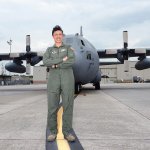
In 2016, alumna Lt. General Stayce D. Harris becomes the first African American woman to receive the rank of three star general in the U.S. Air Force.
Lt. Gen Harris served as Inspector General of the Air Force and in 2019 received the Institute of Industrial and Systems Engineering (IISE) Captains of Industry Award.
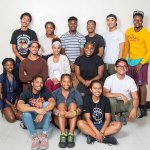
In 1975, USC Viterbi established the Minority Engineering Program (now the Center for Engineering Diversity).
USC thus became the first private university in California to fund a program focused on the recruitment, retention, and graduation of African American, Hispanic, and Native American students.
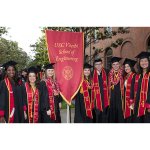
In 2019, the incoming undergraduate engineering class was fifty percent women.
A historic first for engineering at USC, the school also had nearly 2,000 women enrolled in its master’s and doctoral programs in 2019, leading the nation.
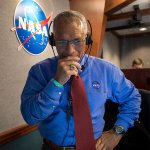
In 2009, then President Barack Obama nominated Charles F. Bolden Jr. as NASA administrator.
The former astronaut, retired Marine general, and USC Viterbi alumnus became the first African American to hold this position.
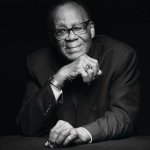
In 1980, John Brooks Slaughter, now a USC Viterbi professor, became the first African American director of the National Science Foundation.
His distinguished career has included service as chancellor of the University of Maryland College Park and 11 years as president of Occidental College where he helped shape the college’s current mission and make it one of the most diverse liberal arts colleges in the country.
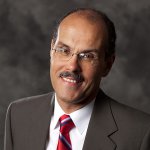
In 1990, Aluizio Prata, who specializes in electromagnetic radiation and antennas for radio communications, is believed to be the first Hispanic American appointed to the tenure track with primary appointment in engineering at USC Viterbi.
He later became the first Hispanic American to become tenured in engineering.
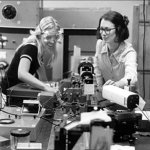
In 1981, Elsa Garmire, an early pioneer in laser technology and a non-linear optics expert, became the first woman to become a tenured full professor in the school’s history.
She later became the first woman to hold an endowed chair in engineering. A member of the National Academy of Engineering (NAE), she left USC in 1995 to serve as dean of the Thayer School of Engineering at Dartmouth College.

USC’s Women in Science and Engineering (WiSE) Program is established in 2000.
The program has facilitated the hiring and development of 37 tenure-track and tenured women in engineering. In 2005, Women in Engineering (WIE) was established to provide professional and academic services to female students of the USC Viterbi School.
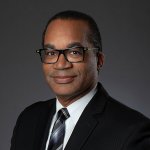
In 1993, Timothy Pinkston became the first African American appointed to tenure track at USC Viterbi.
He subsequently became the first African American to be promoted to full professor and be appointed as a vice dean at USC Viterbi. In 2019, Stacey Finely became the first African American woman to receive tenure in USC Viterbi history. Professor Finely launched the Center for Computational Modeling of Cancer. Both were the first African-American faculty at USC Viterbi to receive endowed chairs.
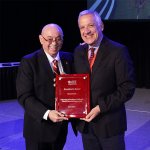
In 2017, the American Society for Engineering Education (ASEE) honored USC Viterbi with the prestigious President’s Award.
Presented to Dean Yannis Yortsos for his efforts in creating the ASEE’s Deans Diversity Pledge, which by then numbered 210 signatory schools. In 2016, Dr. Brandi Jones became USC Viterbi’s first vice dean for diversity and strategic initiatives.
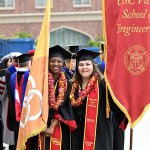
In 1922, Maude Milnes, a civil engineer, became the first woman to receive a USC engineering degree.



